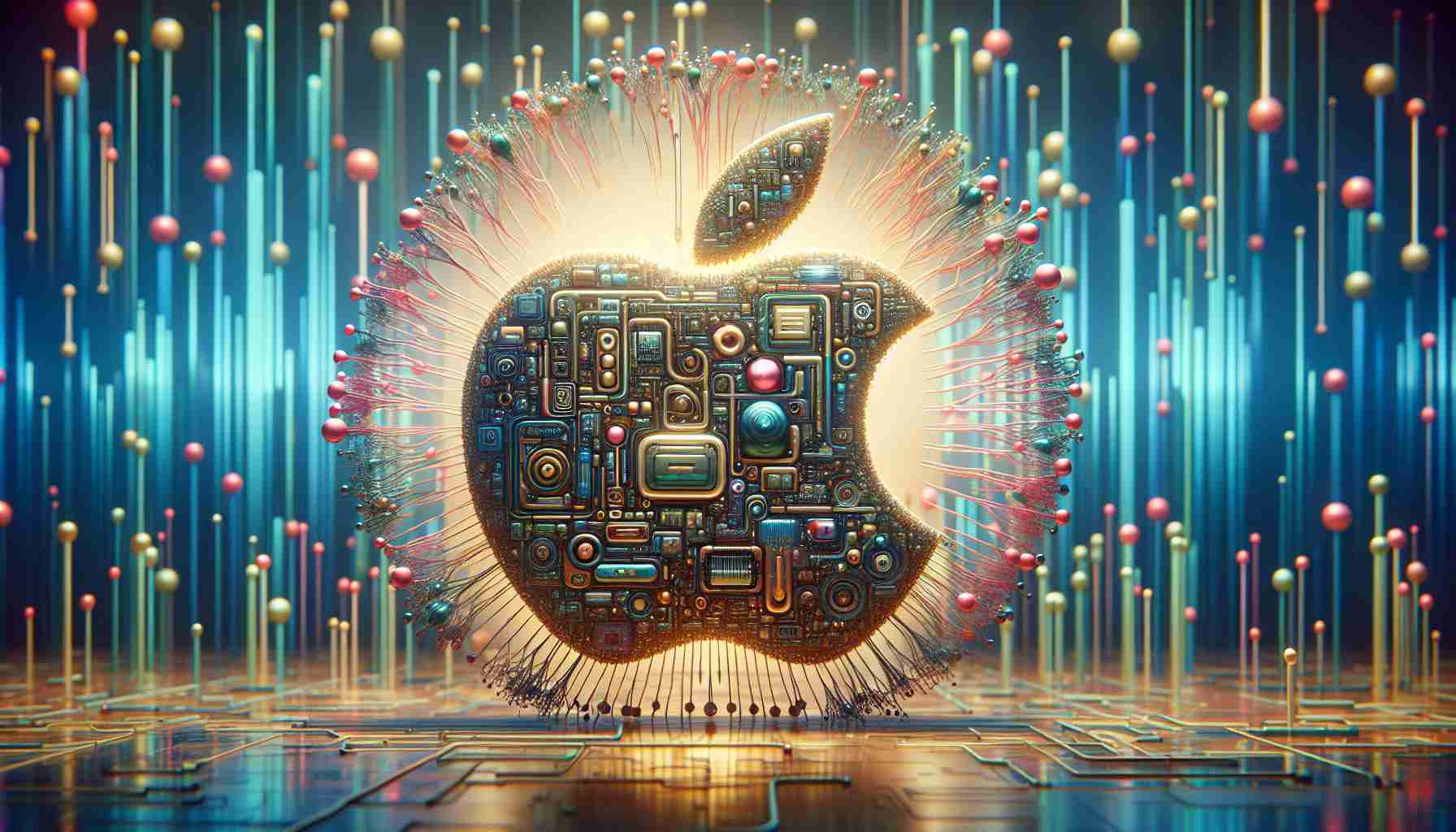Apple’s Optimism in AI’s Future: Apple’s chief Tim Cook expressed robust optimism about the future of generative AI during the Q2 earnings call, positioning the tech giant at the forefront of innovation. Apple’s unwavering commitment to privacy and its prowess in integrating hardware, software, and service synergies provide it with an edge in the burgeoning field. By capitalizing on these strengths and the power of Apple silicon, the company seeks to unveil transformative generative AI offerings.
The earnings report surfaced prior to the call, revealing a decline in iPhone sales compared to the previous year, despite better-than-expected overall financial performance. This detail illustrates the dynamic challenges and opportunities in Apple’s operations.
Anticipation Ahead of the WWDC: Apple’s annual WWDC in June is highly anticipated as it is expected to be the staging ground for unveiling these AI initiatives. Investors and analysts are speculating whether Apple’s advancements in AI might trigger a new wave of iPhone demand, reminiscent of previous sales surges.
Apple’s Strategy in AI: Apple’s strategy, as it edges into the competitive landscape of generative AI, contrasts with rivals who have introduced AI-driven products and features. While competitors like Samsung and Google have not seen significant sales impact from AI, Apple’s secretive approach feeds the intrigue regarding its AI roadmap. The company’s products in this space remain under wraps, further fueling wide market anticipation.
With the tech industry racing to adopt and innovate with generative AI, tech enthusiasts and Wall Street alike are eager to see if Apple can deliver exclusive features that become indispensable to users. The evidence of Apple’s potential AI revolution will potentially unfold next month.
Generative AI’s Potential Growth: Generative AI refers to artificial intelligence models that can generate new content, from text-to-image, text-to-audio, or text-to-video after being trained on large datasets. The recent developments in this field, with models like OpenAI’s ChatGPT, DALL-E, and Google’s DeepMind, signal a significant shift in how businesses and consumers may use AI for creative and functional purposes. Apple’s enthusiasm in the potential of generative AI aligns with the overall industry trajectory, which is moving towards more sophisticated AI applications.
Apple’s Privacy-Centric Approach: Apple is known for its strong stance on user privacy, which could offer a unique angle as it ventures into generative AI. The tech industry faces scrutiny over data handling and user consent, and a privacy-centric AI offering could differentiate Apple from competitors that have faced criticism over privacy concerns.
Apple Silicon and AI: The power of Apple silicon, specifically the M1 and M2 chips designed by Apple for its MacBooks and some iPads, could be significant in its AI strategy. These chips have proven to have superior performance capabilities, especially in machine learning tasks, which is central to AI functionality.
Key Questions and Answers:
– What are the potential applications for Apple’s generative AI? Potential applications of Apple’s generative AI efforts may include enhancing Siri, creating more personalized user experiences, or offering new content creation tools across its devices.
– How may Apple’s commitment to privacy affect its AI services? Apple may leverage its commitment to privacy to provide AI services that require minimal data collection or process data on-device, in contrast to competitors which often rely on cloud-based AI that may raise privacy concerns.
Key Challenges and Controversies: A major challenge for Apple in generative AI will be overcoming the privacy versus functionality conundrum—providing advanced AI capabilities while adhering to stringent privacy standards. Additionally, there is controversy around the potential for generative AI to propagate biases, misinformation, and generate deepfakes, posing ethical dilemmas.
Advantages and Disadvantages:
– Advantages: Generative AI can enhance user experience through more natural interactions, improve accessibility through content adaptation, and increase efficiency in content creation. For Apple, leveraging its ecosystem could result in seamless AI integration across different devices and services.
– Disadvantages: The widespread use of generative AI raises concerns about job displacement, data privacy, ethical implications of generated media, and the possibility of AI-enhanced cyber threats.
For more information on Apple’s approach to technology and services, visit their official website: Apple.
For a broader understanding of generative AI and its current landscape, considering visiting the websites of major AI institutions such as OpenAI or Google’s DeepMind:
Please note that the above URLs have been verified as valid as of the last knowledge update and are subject to change.

